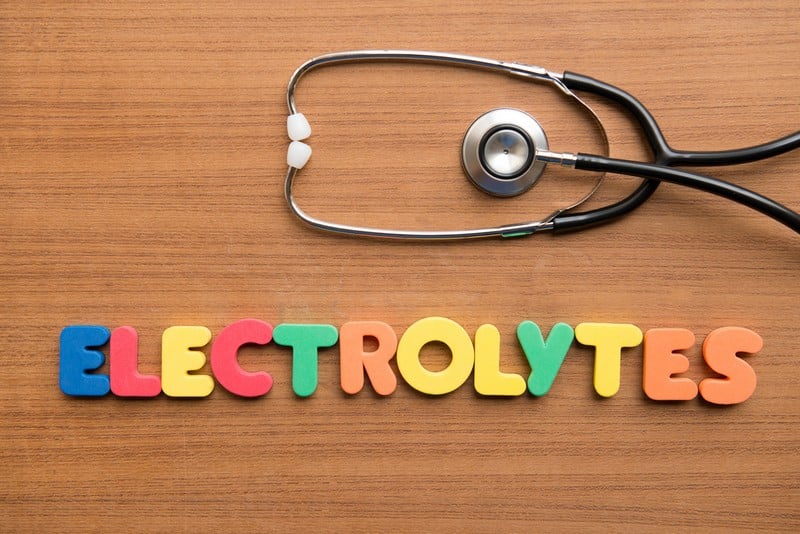Electrolyte Imbalances

A heart attack may be due to the imbalance of essential elements. The body naturally produces substances called electrolytes, which regulate crucial physiological processes. Calcium, chloride, magnesium, phosphate, potassium, sodium, and other minerals are examples of electrolytes.
These substances can be found in urine, body fluids, and blood. They are also consumed along with food, beverages, and supplements. An electrolyte imbalance develops when the body’s electrolyte levels are too high or excessively low.
The body requires an even balance of electrolytes to function effectively. Otherwise, critical bodily functions may be disrupted. Serious issues like cardiac arrest, coma, and seizures can result from severe electrolyte imbalances.
Electrolyte disorders that are milder in nature may not show any symptoms. Such conditions may go unnoticed until they are identified during a regular blood test. Once a condition worsens, symptoms typically start to show.
The signs and symptoms of electrolyte imbalances vary. However, many others experience similar symptoms. Electrolyte disorders frequently manifest as fast or irregular heartbeat, exhaustion, fatigue, seizures or convulsions, vomiting, and nausea.










